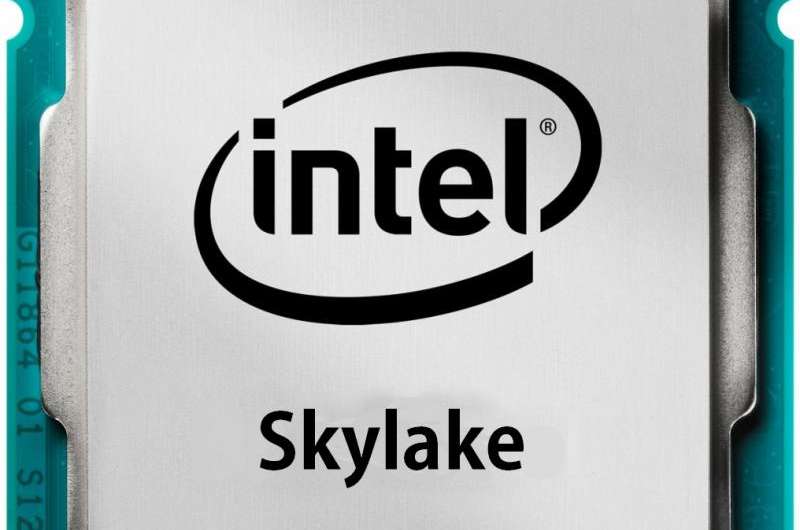A bug was identified which can freeze systems with a Skylake processor, causing a system to hang under complex workloads. Intel has recognized the issue and in its own words:
"Hello All,
Intel has identified an issue that potentially affects the 6th Gen Intel Core family of products. This issue only occurs under certain complex workload conditions, like those that may be encountered when running applications like Prime95. In those cases, the processor may hang or cause unpredictable system behavior. Intel has identified and released a fix and is working with external business partners to get the fix deployed through BIOS."
Skylake is the name for the Intel processor microarchitecture that is the successor to Broadwell. Skylake is built on Intel's 14 nm manufacturing process.
Joel Hruska of ExtremeTech reviewed the history of the recent discovery:
"The Prime95 thread on Skylake instability dates back to early December, when testers noted that running the 768K test on the latest Intel processors would cause the application to fail—sometimes within minutes, sometimes only after hours."
He said the forum users double-checked RAM, motherboard vendors, voltage levels, clock speeds, Prime95 software versions, and if the CPU was overclocked or not. (Over- or underclocking the CPU doesn't have any effect on whether the bug occurs, said Bruno Ferreira in The Tech Report.)
In a Monday update to the discovery story, Ars Technica said, "We've been informed that the bug was reportedly discovered and tested by the community at hardwareluxx.de before being passed onto GIMPS [stands for Great Internet Mersenne Prime Search], which conducted further testing. Both groups passed their findings onto Intel."
Ars Technica's Mark Walton noted that Intel has developed a fix, and is working with hardware partners to distribute it via a BIOS update.
Richard Chirgwin in The Register said that "The good news is that the bug's triggered by complex workloads." The way Gordon Mah Ung, PCWorld, worded it: "Intel confirms there's a bug that could crash Skylake CPUs, under specific and somewhat uncommon circumstances."
The bug is said to occur in both Windows and Linux when the system needs to perform complex workloads, according to Lee Bell in The Inquirer.
Chirgwin in The Register said Prime95 uses Fast Fourier Transforms to multiply extremely large numbers. A particular exponent size, 14,942,209, leads to the crash after minutes or hours.
(The Fourier transform, discussed in MIT News, is a fundamental concept in information sciences. It's a method for representing an irregular signal as a combination of pure frequencies. It's universal in signal processing and can be used to compress image and audio files, solve differential equations and price stock options, among other things. The reason the Fourier transform is so prevalent is an algorithm called the fast Fourier transform (FFT), devised in the mid-1960s, which made it practical to calculate Fourier transforms on the fly.)
"The FFT is a complicated algorithm, and its details are usually left to those that specialize in such things," said Steven Smith, author of The Scientist and Engineer's Guide to Digital Signal Processing. "If you have a background in complex mathematics, you can read between the lines to understand the true nature of the algorithm. Don't worry if the details elude you; few scientists and engineers that use the FFT could write the program from scratch."
© 2016 Tech Xplore























